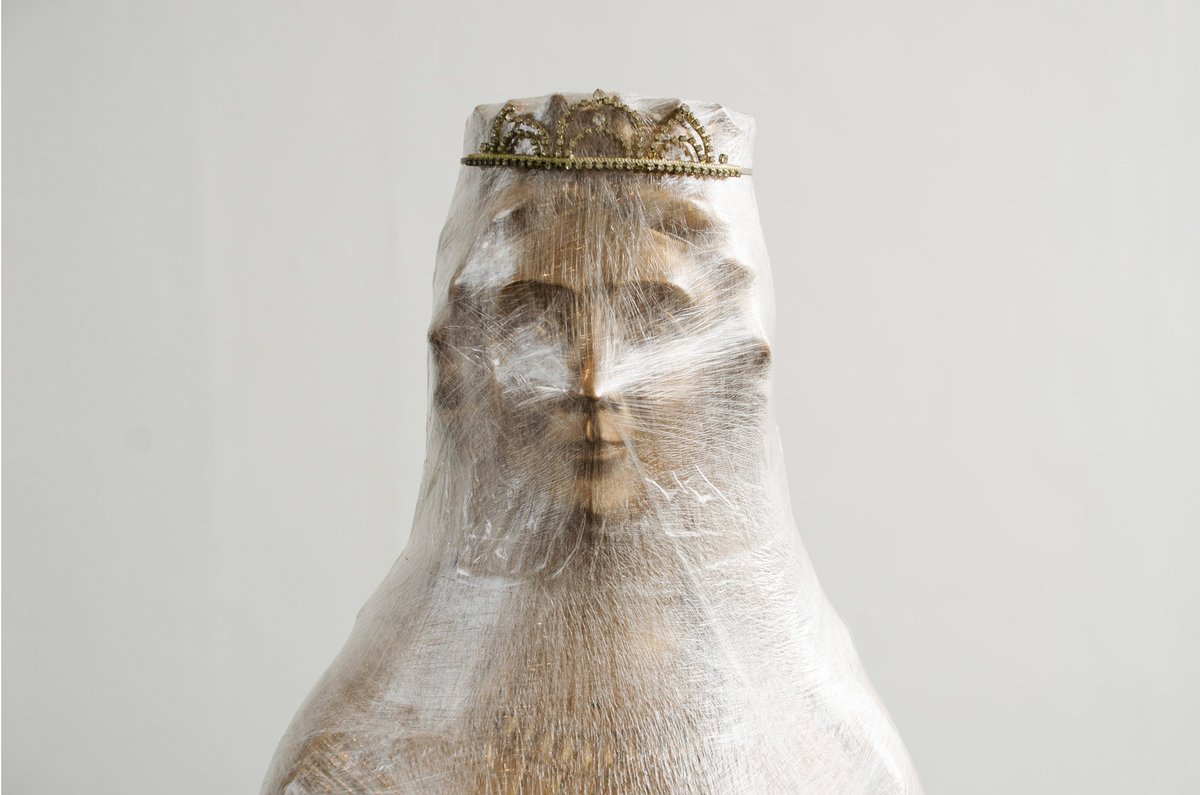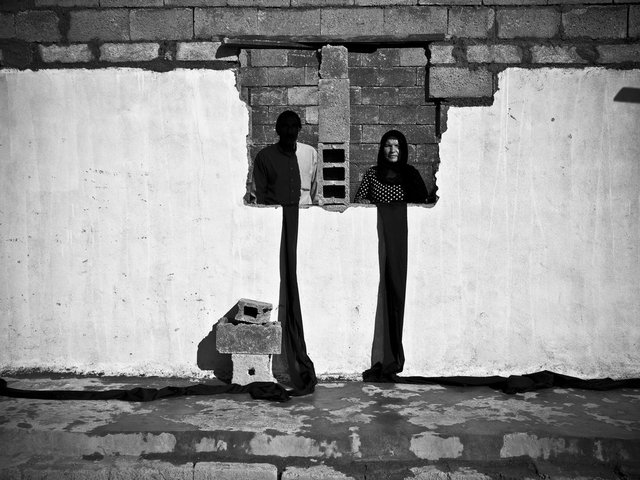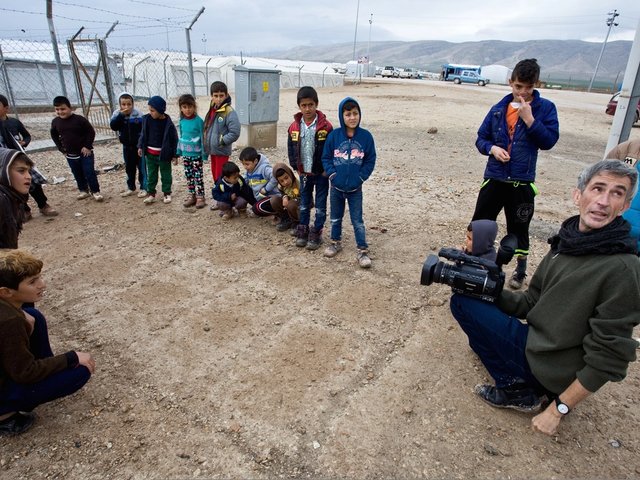A new non-profit initiative aims to bring artists living and working in conflict zones to wider global attention through a series of cultural projects, including pop-up exhibitions, commissions, talks and partnerships. Ruya Maps is led by the Ruya Foundation, a Baghdad-based non-governmental body that oversaw the Iraqi pavilion at the Venice Biennale in 2015 and 2017.
“By presenting thought-provoking projects internationally, Ruya Maps will grant access to artists who are excluded from the international art world due to political, economic or geographic factors,” says Tamara Chalabi, the foundation’s co-founder, in a statement. The programme will encompass both international exhibitions and projects in areas riven by political and military conflicts.
Ruya Maps’ inaugural project is an exhibition of work by the Venezuelan artist Pepe López. He is due to present a large-scale installation, Crisalida, at the Fitzrovia Chapel in central London this autumn (14-26 October), comprising 200 objects wrapped in polyethylene from his family home in Caracas film including a car, urn and piano. The piece touches on themes of collective memory, exile and social upheaval.
Asked if the Ruya Foundation will fund the Ruya Maps projects, Chalabi says: “Not at all. Ruya Maps is a totally independent, UK-registered entity, whose funding is completely separate from the Ruya Foundation. The connection between the two is in their context, having common larger themes and vision.”
The 2019 programme for Ruya Maps is due to be announced this autumn. Meanwhile, Chalabi says that the Ruya Foundation hopes to organise the next Iraqi pavilion at the 2019 Venice Biennale. “That is the plan, pending all Iraqi government bureaucratic procedure,” she says. In Iraq, Ruya runs a contemporary art space in Baghdad called the Ruya Shop.




